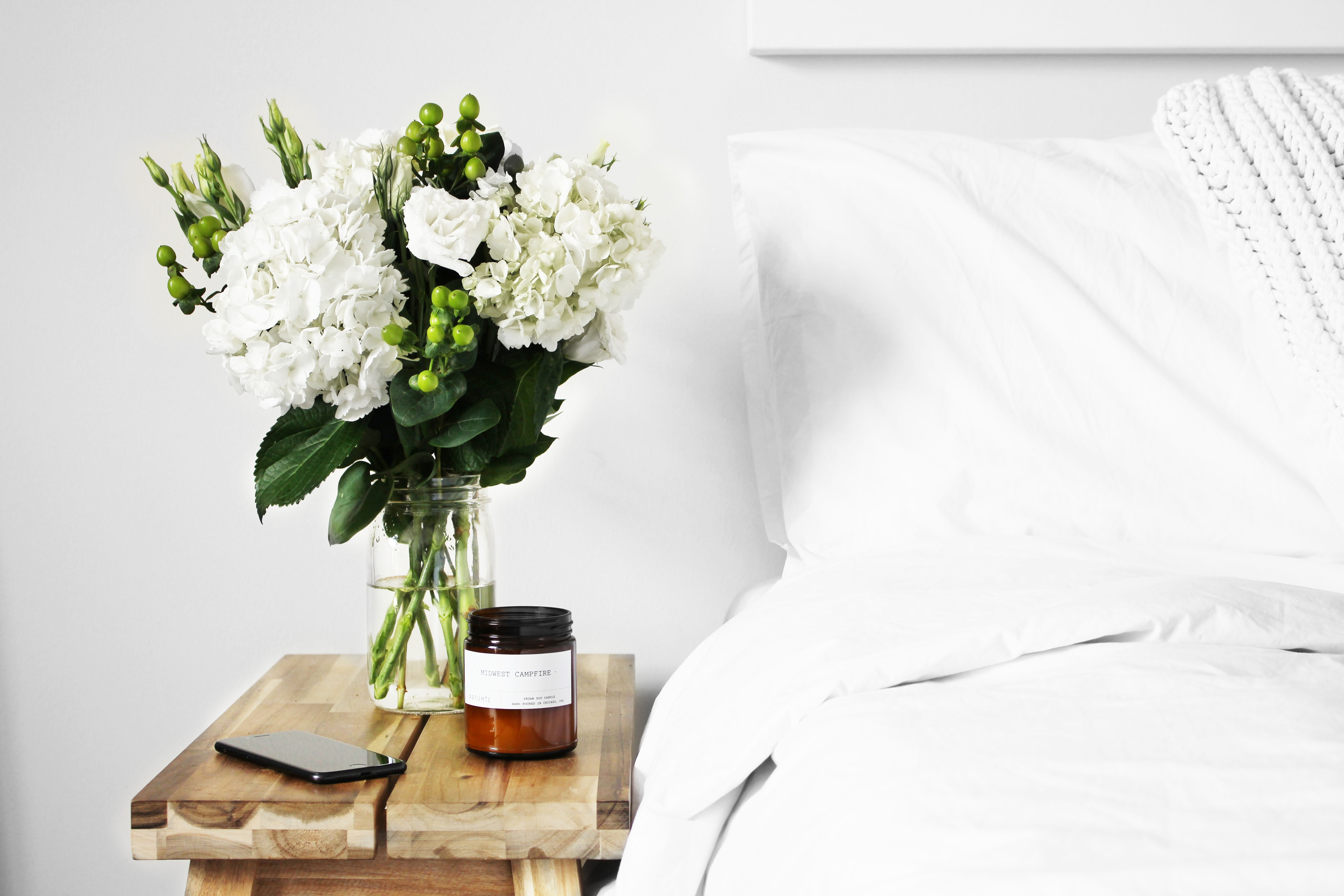We have known for sometime that lack of sleep can wreak havoc on our lives, especially when it comes to diet! A new study published in the American Journal of Clinical Nutrition has just shown that when habitual short sleepers (5 to <7hour), increase their sleep (by up to 1.5 hours), it may result in a 10 gram reduction in daily sugar intake. This is not surprising considering we tend to crave and seek out sugar when feeling tired as an instant energy boost.
If you have been struggling to get back into your usual sleep routine since the festive season and can notice a knock on effect to your diet, here are some lifestyle and diet changes to help support sleep:
- Avoid caffeine/stimulants 4-6 hours before bed – coffee, energy drinks, chocolate, etc. Replace with drinks, which have less of an excitatory effect on the nervous system such as herbal tea, banana and berry smoothie, kombucha or vegetable juice.
- Exercise daily but not right before bed – if you have started a new exercise routine and are fitting it in just before bed and have found this to have a negative effect on sleep, try to schedule exercise in first thing in the morning or before dinner. Exercise is a great way to reduce stress levels, especially exercising outdoors.
- Avoid overeating before going to bed. If hungry post dinner, try a small protein based snack such as raw nuts or a boiled egg.
- Write down tomorrows to-do list before going to bed to help clear your mind for a peaceful nights sleep. This will help prevent any unnecessary worrying!
- Establish a sleep routine to help prepare your body for rest – whether this be a bath before bed or sipping tea whilst reading your favourite book, this will help calm down the nervous system.
- Eat foods rich in vitamin B5 daily because B5 improves the body’s resistant to stress. Food sources include avocado, beans, egg, green vegetables, lentils, oranges, sweet potato and peas.
- Get out doors daily, being outdoors not only reduces our stress hormone cortisol but also helps us to maintain healthy vitamin D levels. Vitamin D is associated with greater ability to maintain sleep, just 10-15 minutes daily of safe sun exposure will help top up vitamin D stores.
- Avoid sugary desserts before bed – excess sugar can negatively impact blood sugar levels and cause us to wake during the night. Healthier alternatives to common sweets include fruit/nut smoothie ice-block, coconut yoghurt with berry puree or bliss balls using healthy fats such as hemp seeds or LSA.
Reference
Haya K Al Khatib et al. Sleep extension is a feasible lifestyle intervention in free-living adults who are habitually short sleepers: a potential strategy for decreasing intake of free sugars? A randomized controlled pilot study. American Journal of Clinical Nutrition, 2018 DOI: 10.1093/ajcn/nqx030
